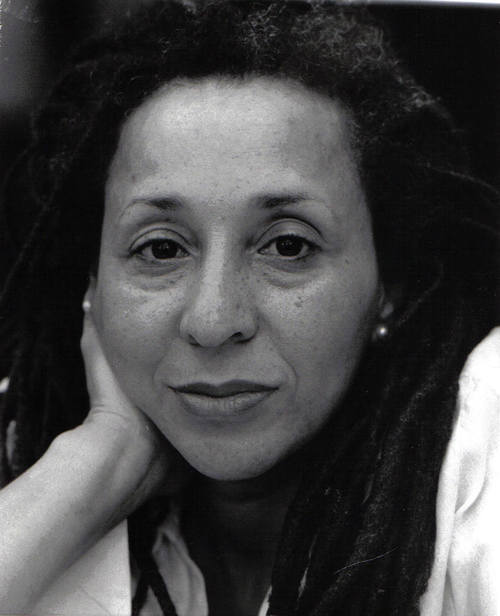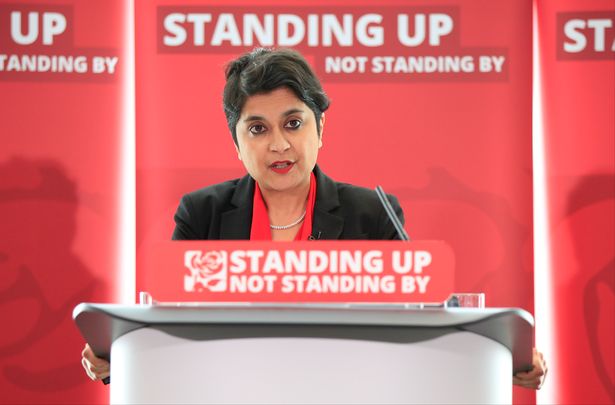Review of THE LEFT’S JEWISH PROBLEM: JEREMY CORBYN, ISRAEL & ANTI-SEMITISM
Dave Rich (2016, London Biteback Publishing)
I am writing this review as a long-standing Jewish feminist academic and activist. I am a social scientist and have been involved with research on higher education, feminism, gender and socialist politics throughout my academic life. I have written numerous personal, political and professional articles, chapters, and books – most recently Reclaiming Feminism: Challenging Everyday Misogyny (Bristol, Policy Press, 2016) and A Feminist Manifesto for Education (Cambridge, Polity Press, 2016). Reclaiming Feminism is both a memoir and an argument for transforming the neo-liberal global academy in the direction of gender equality and socialist-feminist values. I focus especially on aspects of campus politics today. A Feminist Manifesto for Education is based upon my collaborative research, including with colleagues across the European Union (EU) (especially Ireland, Italy and Spain), to deal with gender violence and transformative politics. I was a founder member of Jews for Justice for Palestinians (JfJfP) and the British Shalom-Salaam Trust (BSST) a charitable organisation giving funds for projects on education, health, welfare and women in Israel and Palestine.
All of this preamble might sound incredibly defensive – perhaps it is – but I mention it as I don’t want to be attacked for my lack of knowledge or rigour. I also don’t want to be attacked for my Jewish credentials, familiar though this is as a Jewish trait. By way of further justification, I am the daughter of a Jewish refugee from Nazi Germany and I was brought up in Zionist-socialist family, attending Habonim throughout my adolescence. In adulthood I have wavered over my Jewish socialist commitments: my children attended a Northwest London Jewish day school. I remain committed to secular Jewish socialism and, living in Jeremy Corbyn’s constituency, I am supportive of his approach.
Dave Rich argues that what he hopes to have done is to transform his ‘academic research’ for his PhD (although he never tells us who supervised it and in what field it was examined) into a more popular book. This is entitled, somewhat provocatively, The Left’s Jewish Problem where, on the cover, the o is a Magen David. The sub-title is Jeremy Corbyn, Israel and Anti-Semitism. Rich’s research is about the rise of the new left, mainly but not only in the UK, and its consequences in the UK Labour party today. However this is not a dispassionate or even a so-called insider account as a Jewish academic and activist. Either one of these approaches is what I expected. Not so: it is an extremely limited account of some narrow aspects of the British new left, those whom he dubs ‘the anti-Israel left of Jeremy Corbyn, Ken Livingstone and George Galloway…that now allies itself with Islamist extremists who demand Israel’s destruction’.
At first glance, the book appears quite erudite, having numerous endnotes for each chapter and a substantial index. There are 6 substantive chapters, with an additional introduction and conclusion and a brief foreword. But there the semblance of scholarship or rational argument ends. The organisation of the chapters is not particularly logical in terms of the history of socialism and its relation to nationalism and/or Zionism. Nor is there any account of the rise of the British Labour party and its association with the rise of the new left and the role of Jews and/or Zionists within this.
There is no bibliography or even list of references. Book and chapter titles and references are buried in the endnotes. Even a cursory search of the index reveals many lacunae in the scholarly international work on the rise of the new left. I searched for names of Jewish left activists normally associated with the new left: names such as Judith Butler (who gets one very cursory mention), the late Professors Hannah Arendt or Stan Cohen, Danny Cohn-Bendit, Claude Lanzmann (the French socialist who made the film Shoah in 1985), the late Professor Ralph Miliband, Professor Steven Rose, Jerry Rubin or Professor Michael Walzer (long-term editor of Dissent in the US) to name but a few. None of them appear in the index. Yet they are part of the rise of the new left both intellectually and ideologically, and are critically important to its current formation.
The book starts off rather propitiously and I was initially drawn to the project of looking at the twists and turns in the politics of the British Labour party, with which I have an ambivalent relationship. I had hoped to get some clarity and peace of mind about the current debates about anti-semitism and anti-racism in the Labour party. These had led to the setting up and subsequent publication of the excellent Chakrabarti report, published on June 30, 2016.
Unfortunately, the book does not look at left-wing Jews and their relations with feminism, socialism and the Labour party. It is, in fact, a rather tedious journey through a particular brand of left-wing politics, with a focus on very minor political groups and individuals, cherry-picking issues such as anti-apartheid, anti-racism, anti-Zionism, Islam and Palestine.
The most important omission, however, is any reference to the key role played by Ralph Miliband in the rise of the new left, from the post-war period. Michael Newman’s brilliant biography entitled Ralph Miliband and The Politics of the New Left (The Merlin Press 2002) illustrates how Miliband ‘stood as a beacon on the international left for the way he articulated and redefined socialist politics’.
Even more curiously, there is absolutely no reference to either of his sons – David or Ed Miliband – and the role that they have played in the Labour party. Are they also part of the Left’s Jewish Problem or are they immune from anti-semitism? Given these lacunae I lost faith with this book being at all credible: it is quite simply a scurrilous and ill-informed attack on the left.
Professor Miriam David





 On 29th April, as the media hyped ‘anti-Semitism’ hysteria in the Labour Party was in full swing, with daily revelations from those doughty fighters against racism at the Daily Mail, Jeremy Corbyn set up an inquiry into racism in the Labour Party under the former Chair of Liberty, Shami Chakrabarti. Chakrabarti is no radical and when it was announced that Baroness Royall of Labour Friends of Israel was to become a Vice Chair of the Inquiry I
On 29th April, as the media hyped ‘anti-Semitism’ hysteria in the Labour Party was in full swing, with daily revelations from those doughty fighters against racism at the Daily Mail, Jeremy Corbyn set up an inquiry into racism in the Labour Party under the former Chair of Liberty, Shami Chakrabarti. Chakrabarti is no radical and when it was announced that Baroness Royall of Labour Friends of Israel was to become a Vice Chair of the Inquiry I 

